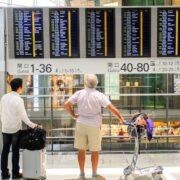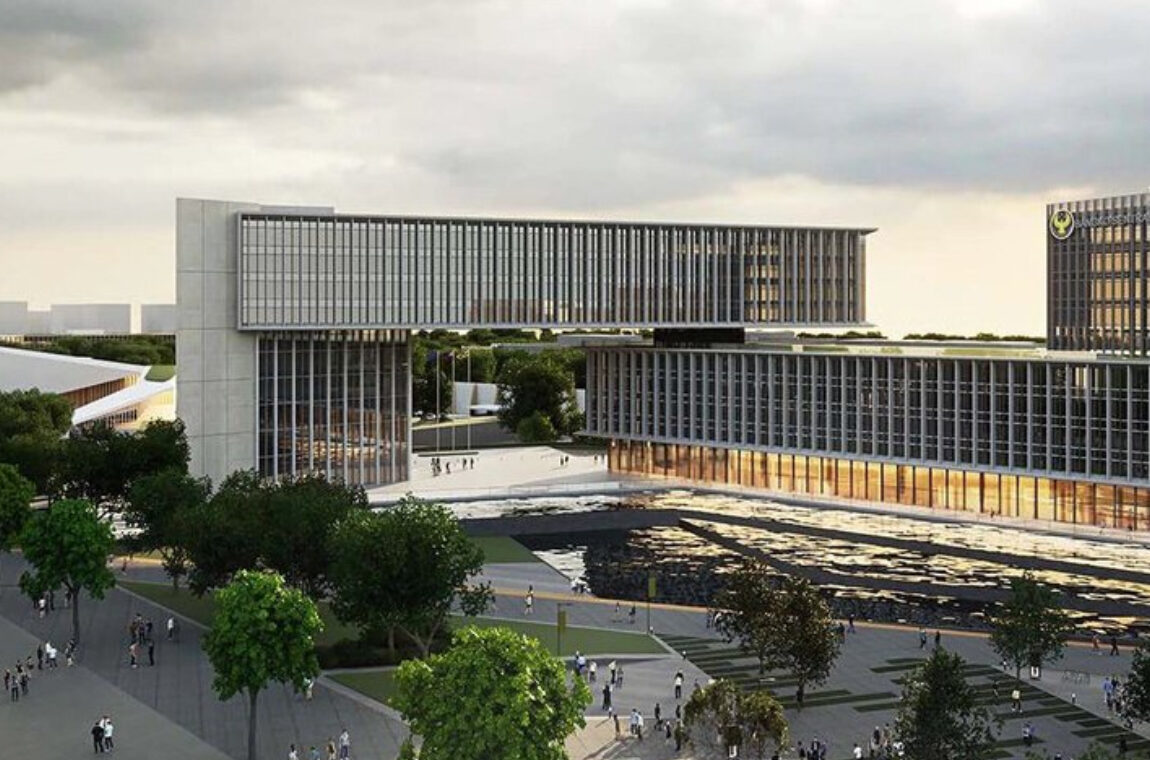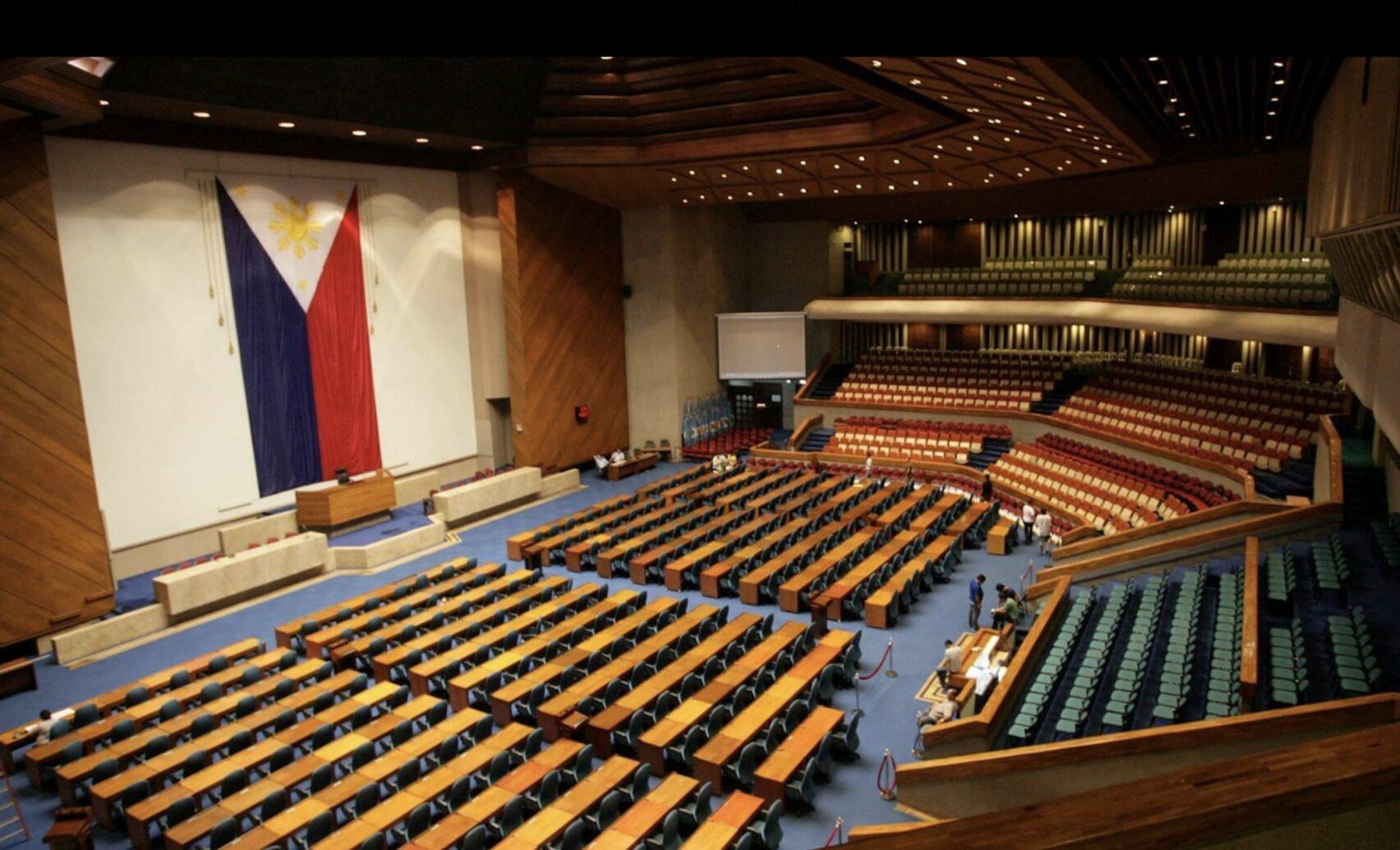Tourism Secretary Christina Garcia Frasco on Wednesday (Aug 2) bared favorable developments on air connectivity benefiting Philippine Tourism in line with the Marcos administration’s convergence efforts towards the development of the country’s tourism industry.
It can be recalled that in Secretary Frasco’s listening tours with tourism stakeholders since last year to get to know the most urgent needs and concerns of the industry, connectivity and enhanced gateway access were among the urgent and recurring concerns raised by stakeholders.
Since then, the DOT entered into a convergence with the Department of Transportation (DOTr), and collaborated with the Civil Aeronautics Board (CAB), the Civil Aviation Authority of the Philippines (CAAP), and other aviation stakeholders in determining measures that will promote seamless travel experience, including the improvement of gateways, enhancement of infrastructure, and maximization of the country’s aviation hubs, among others.
The DOT also led route development initiatives, primary to this are meetings with top executives of international and local air carriers to promote the Philippines as a destination for these airlines and forge partnerships as far as the further development of the country’s tourism industry is concerned. Moreover, the DOT also promotes the country’s tourism destinations and gateways in key international aviation networking, and business-to-business (B2B) activities including the Routes Asia and Routes World, among others.
“In keeping with our National Tourism Development Plan (NTDP) 2023-2028, we have been working with relevant government agencies such as the DOTr and CAAP, and aviation industry stakeholders, recognizing the urgent need to increase the number of flights into the country and increase overall accessibility for both our foreign and domestic guests, to convey that the Philippine government under President Ferdinand ‘Bongbong’ Marcos, Jr. is exhausting all means to open up the country to business and tourism,” Secretary Frasco said.
“We express our sincerest gratitude to DOTr Secretary Bautista, and the CAAP led by Captain Manuel Tamayo, and all our partners in the aviation industry including our airlines, who have responded to the needs of our tourists and traveling public through the resumption of flights that were halted due to the pandemic, as well as the institution new flights to reinvigorate the country’s tourism industry,” she added.
Additional International Air Seats
Based on the DOT’s Routes Development report for June 2023, eight of the country’s international gateways saw a significant growth in terms of incoming frequencies and seats per week.
For instance, on a weekly average, compared to June 2022, Clark in June 2023 saw an increase of 180% in terms of incoming scheduled frequencies and 215% in terms of incoming seats, while Manila saw an increase of 75% in terms of incoming frequencies and 120% in terms of incoming seats.
In Visayas, Kalibo recorded a 640% increase in incoming frequencies and 409% increase in incoming seats, Cebu with an increase of 300% in terms of incoming frequencies and 297% in terms of incoming seats, and Bohol with an increase of 200% in terms of incoming frequencies and 128% in terms of incoming seats.
Davao saw a 50% increase in incoming frequencies, and 38% increase in incoming seats. Meanwhile, Caticlan and Cagayan North recorded six frequencies from Taipei, and two frequencies from Macau, respectively.
Between June and July 2023, the country welcomed 58 new incoming weekly frequencies from various origin cities into the country’s international gateways.
The DOT reports the following incoming weekly frequencies in June and July : Manila (7 Zip Airfrom Tokyo, and 2 Air China flights from Chengdu); Cebu (7 China Eastern Airlines flights from Shanghai, 4 Philippine Air Asia flights from Tokyo,2 Cebu Pacific from Taipei, and an increase from 5 to 7 Asiana Airlines flights from Incheon); Bohol (2 Asiana Airlines and 7 Air Busan flights from Seoul), Kalibo (3 flights from Hangzhou, 3 flights from Ningbo, and 3 flights from Wenzhou via Loong Air, 4 Ok Airways from Chengdu, and 2 TigerAir Taiwan from Taipei), Clark (7 Asiana Airlines flights from Seoul), Caticlan (3 Royal Airways flights from Hong Kong), and Cagayan North (2 Royal Airway flights from Macau). In addition to commercial flights, the DOT also welcomed various charter flights that support the country’s destinations.
Increase in Domestic Air Seats
In terms of domestic tourism, the DOT also noted a significant jump in domestic connectivity in the country’s tourism gateways. The industry gained from at least 17 city pairs, with about 83 incoming weekly frequencies that were launched between July 1, 2022 to June 30, 2023. This includes new domestic air routes that were instituted during this period, including flights between Cebu-Baguio (4 frequencies per week), Cebu-Borongan (2 frequencies per week), and Cebu-Naga (4 frequencies per week).
Among the domestic flights that resumed in the same period include: Clark to Bacolod, Busuanga, Cagayan de Oro, Caticlan, Davao, Iloilo, General Santos, and Puerto Princesa and vice versa; Manila to Tablas, and Lal-o (v.v.); Davao to Bacolod, Cagayan de Oro, and Siargao, and vice versa; and Zamboanga to Cotabato (v.v.).
“With the DOT’s Philippine Experience Program and regional travel expos, we are optimistic that our stakeholders, particularly from the aviation industry will see the need to improve connectivity around the country to cater to the growing demands of our travelers,” added the tourism chief.
The 1st American carrier to fly direct from US to Manila, more flights in the pipeline
Meanwhile, the DOT also expresses its elation following United Airlines’ announcements of its plans to mount nonstop flights connecting Manila with San Francisco starting October as part of its expansion in Asia. At present, United flies to Manila from Guam and Palau. Once the flights between Manila and San Francisco become operational, the airline will be the first American carrier to fly direct to Manila from continental US.






